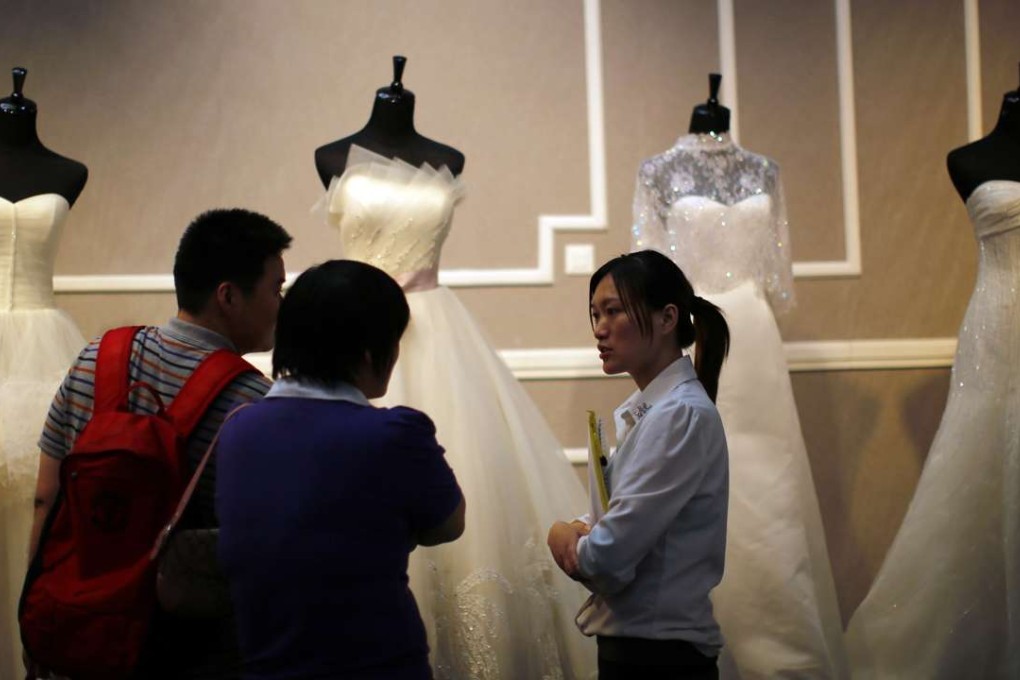Licence to split: China’s ‘mistress hunters’ on mission to save marriages
Wives pay specialists thousands of yuan to persuade their husband’s lovers to leave

Don’t get mad, get your opponent to surrender voluntarily: when Mrs Wang discovered her husband had been cheating on her for several years, she called in an elite team of Chinese “mistress hunters”.
Rather than seek a divorce – which could have hit her social and financial standing – she hired a specialist to earn the other woman’s trust, and then persuaded her to end the extra-marital relationship.
It was a long-standing affair, but once the mistress hunters were called in, it was over within two months.
Wang said she paid between 400,000 and 500,000 yuan (HK$465,000-$582,000) for the service.
“I think it was worth it, I’m satisfied,” she said.
So much so, she is now thinking of becoming a hunter herself.